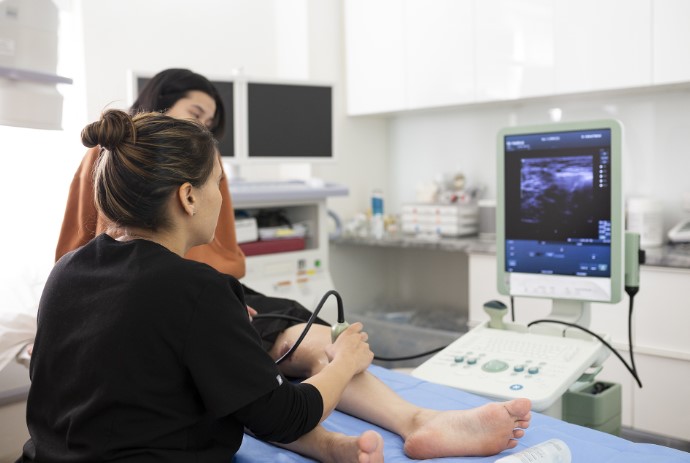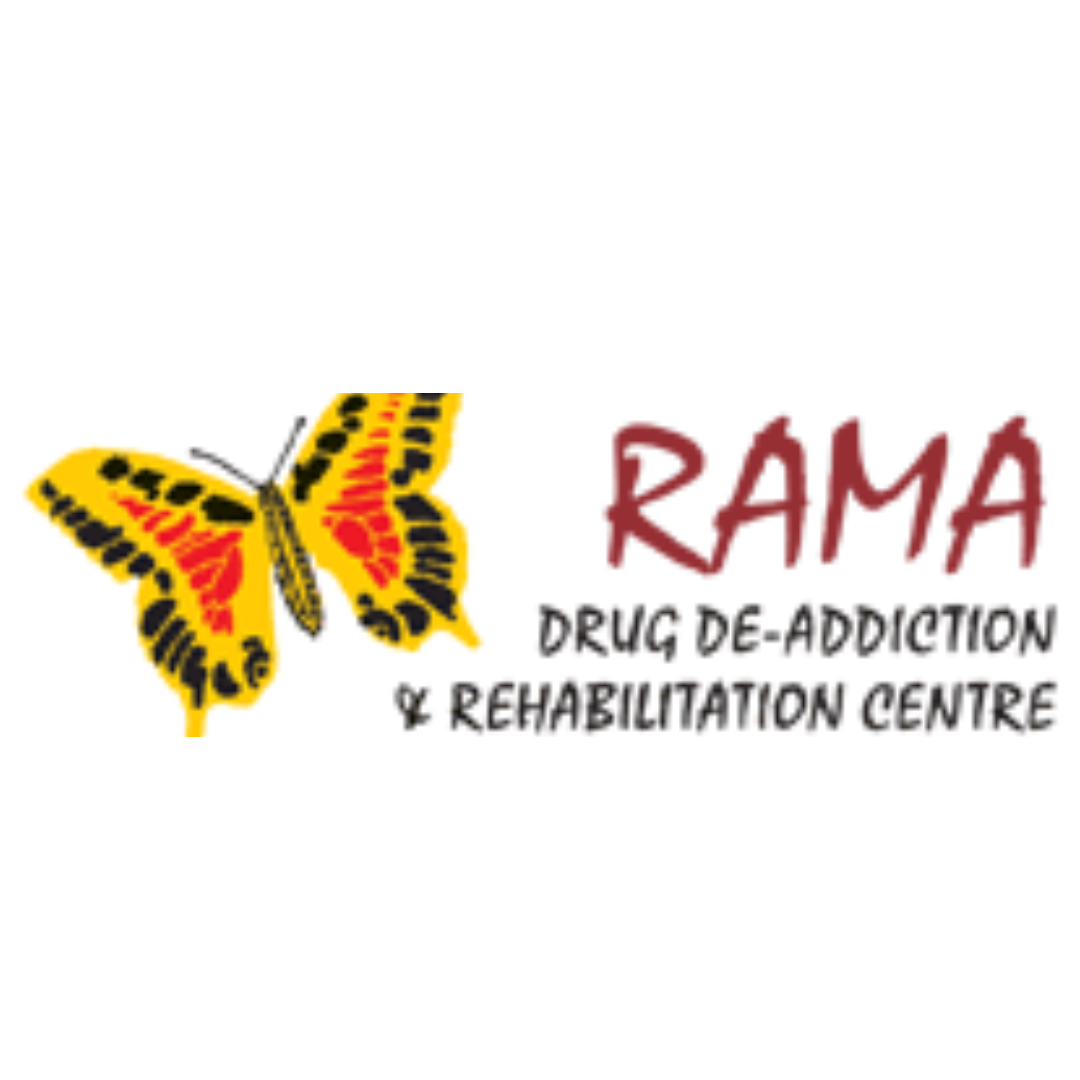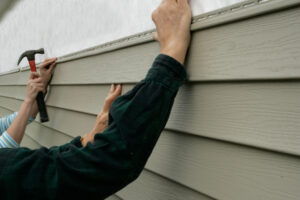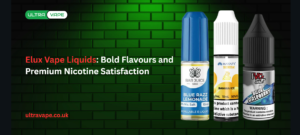What Type of Doctor Treats Varicose Veins?
Varicose veins are a common condition that affects millions of people worldwide. These enlarged, twisted veins, often appearing in the legs, can cause discomfort, swelling, and in some cases, more severe complications. If you’re experiencing symptoms related to varicose veins, it’s crucial to seek the right medical professional for diagnosis and treatment. But what type of doctor treats varicose veins? The answer lies in the specialized field of vein treatment doctors.
Understanding Varicose Veins
Varicose veins occur when the valves in your veins, particularly in the legs, become weak or damaged. These valves are responsible for keeping blood flowing in one direction toward the heart. When they stop functioning properly, blood can pool in the veins, leading to swelling and visible veins that bulge under the skin. This condition can range from mild, with few symptoms, to severe, where complications like ulcers, blood clots, or skin discoloration may develop.
The main symptoms of varicose veins include:
- Swollen or bulging veins that are visible through the skin
- Aching, throbbing, or heaviness in the legs
- Itching or skin irritation around the veins
- Skin discoloration near the affected veins
The Role of Vein Treatment Doctors
Vein treatment doctors are specialists trained to treat varicose veins and other venous disorders. These professionals are typically vascular surgeons, phlebologists, or interventional radiologists who focus on the health of veins and blood vessels. Their expertise is crucial in diagnosing, treating, and managing varicose veins, and they offer a range of treatment options to help patients regain comfort and improve their quality of life.
Types of Doctors Who Treat Varicose Veins
Vascular Surgeons
Vascular surgeons specialize in diagnosing and treating diseases of the circulatory system, including the veins and arteries. They are highly trained to perform both surgical and non-surgical procedures for varicose veins. Vascular surgeons are often the go-to specialists for patients who need more invasive treatments or surgery, such as vein stripping or endovenous laser treatment (EVLT).
These doctors have a deep understanding of how veins function and the best methods for repairing or removing damaged veins. If you require surgical intervention, vascular surgeons are likely to be the ones performing the procedure. However, they are also skilled in less invasive options, such as sclerotherapy or laser treatments.
Phlebologists
Phlebologists are medical professionals who specialize in diagnosing and treating vein diseases, particularly varicose veins and spider veins. This field of medicine is called phlebology. Phlebologists are often experienced in providing non-surgical treatments, including sclerotherapy (injections that close the varicose veins), laser treatments, and other minimally invasive options.
While vascular surgeons may offer broader services related to blood vessels, phlebologists focus primarily on venous disorders. They can recommend lifestyle changes, medications, or procedures designed to reduce symptoms and prevent the condition from worsening.
Interventional Radiologists
Interventional radiologists use imaging techniques, such as ultrasound, to guide minimally invasive procedures for treating varicose veins. They can perform treatments such as endovenous laser therapy (EVLT), which uses laser energy to close off damaged veins, or radiofrequency ablation (RFA), which uses heat to seal veins shut.
This type of doctor plays a vital role in the treatment of varicose veins, especially when surgery is not necessary or preferred. They are skilled in precise procedures that can reduce recovery time and avoid the need for traditional surgery.
When Should You See a Vein Treatment Doctor?
If you are experiencing the symptoms of varicose veins, such as pain, swelling, or visible veins in the legs, it’s important to see a vein treatment doctor early. Early intervention can prevent the condition from worsening and reduce the risk of complications such as ulcers or blood clots. Additionally, vein treatment doctors can provide advice on lifestyle changes, such as exercise or compression stockings, that may help manage the condition.
Treatment Options for Varicose Veins
The treatment plan recommended by a vein treatment doctor will depend on the severity of your varicose veins and your overall health. Some common treatment options include:
Compression Stockings
One of the simplest treatments for varicose veins is wearing compression stockings. These specially designed socks or stockings apply gentle pressure to the legs, which helps improve blood flow and reduce the symptoms of varicose veins. Compression stockings can be purchased over-the-counter or prescribed by a doctor, depending on your specific needs.
Sclerotherapy
Sclerotherapy is a common non-surgical treatment where a solution is injected into the varicose vein, causing it to collapse and be absorbed by the body. This procedure is particularly effective for smaller veins and may require multiple sessions.
Endovenous Laser Therapy (EVLT)
This minimally invasive procedure uses laser energy to close off varicose veins. The laser is directed through a thin tube (catheter) inserted into the vein, and the heat from the laser causes the vein to collapse. EVLT has become a popular alternative to traditional surgery due to its effectiveness and quick recovery time.
Radiofrequency Ablation (RFA)
Similar to EVLT, radiofrequency ablation uses heat to close off damaged veins. This procedure involves inserting a catheter into the vein, where it delivers radiofrequency energy that heats and seals the vein. RFA is an outpatient procedure with a relatively short recovery time.
Vein Stripping Surgery
In more severe cases, a vascular surgeon may recommend vein stripping, which involves removing the damaged veins through small incisions in the skin. This is typically done under general anesthesia, and the recovery time can be longer compared to other treatments. However, it may be necessary for cases where other treatments are ineffective.
Endovenous Mechanical Ablation (EMA)
Endovenous mechanical ablation is a less invasive technique that uses a catheter to mechanically close off the varicose veins. It’s often used in combination with other treatments like laser or radiofrequency ablation to achieve the best results.
Why Choose a Vein Treatment Doctor?
Seeing a vein treatment doctor, whether a vascular surgeon, phlebologist, or interventional radiologist, offers numerous benefits. These professionals are specifically trained to handle venous disorders and provide tailored treatment plans based on the severity of your varicose veins. They use the latest techniques and technologies to offer both non-invasive and surgical options, ensuring you receive the best possible care.
Furthermore, vein treatment doctors can guide you through lifestyle changes and preventive measures to avoid the recurrence of varicose veins. Their expertise in the area ensures that you receive comprehensive care that addresses both the aesthetic and medical aspects of varicose veins.
Conclusion
When you’re asking, “What type of doctor treats varicose veins?” the answer is clear: vein treatment doctors. These professionals—whether vascular surgeons, phlebologists, or interventional radiologists—are essential in diagnosing and treating varicose veins. Depending on your condition, they will provide the most suitable treatment, from lifestyle changes to advanced, minimally invasive procedures. If you’re dealing with varicose veins, seeking the expertise of a vein treatment doctor will put you on the path to relief and recovery.














Post Comment